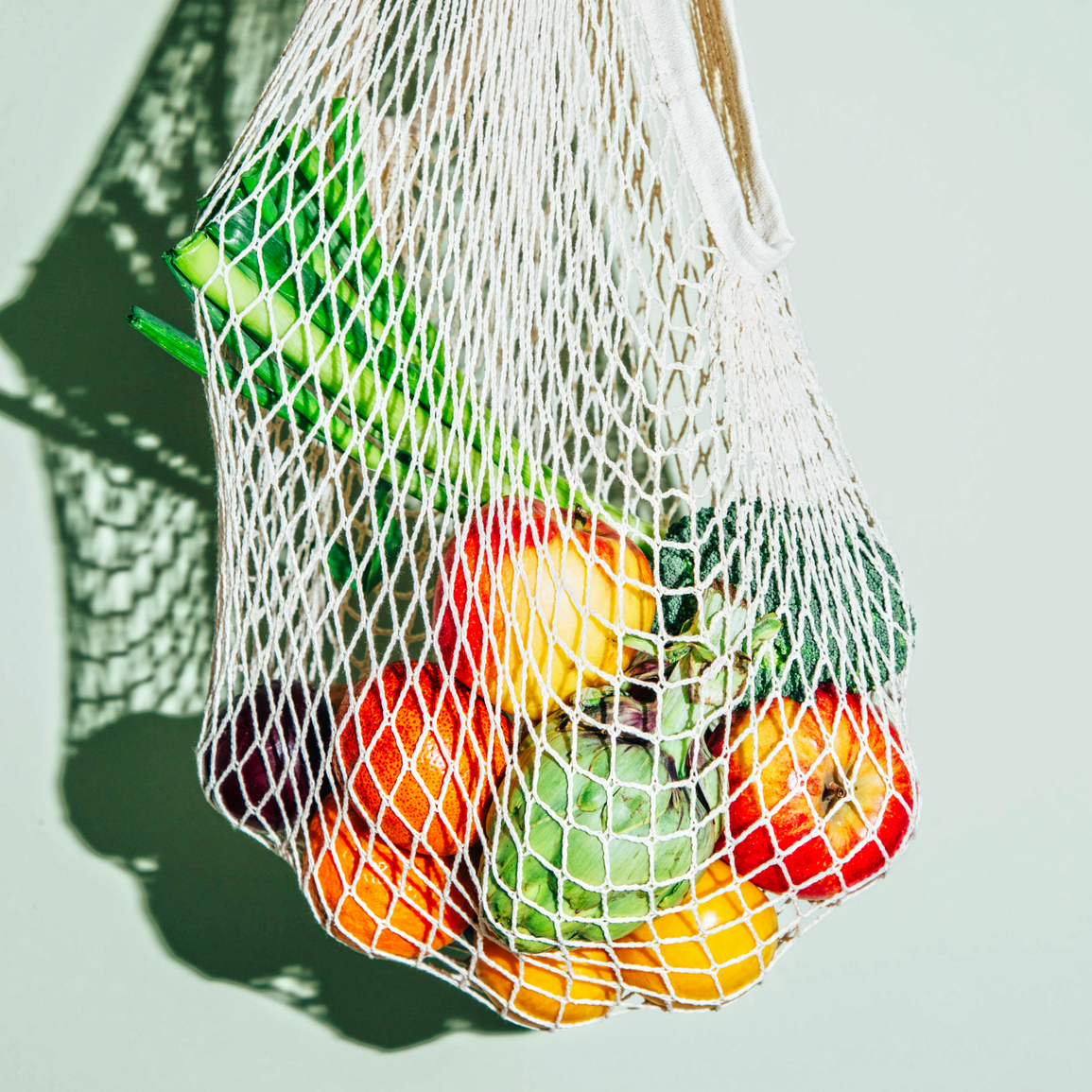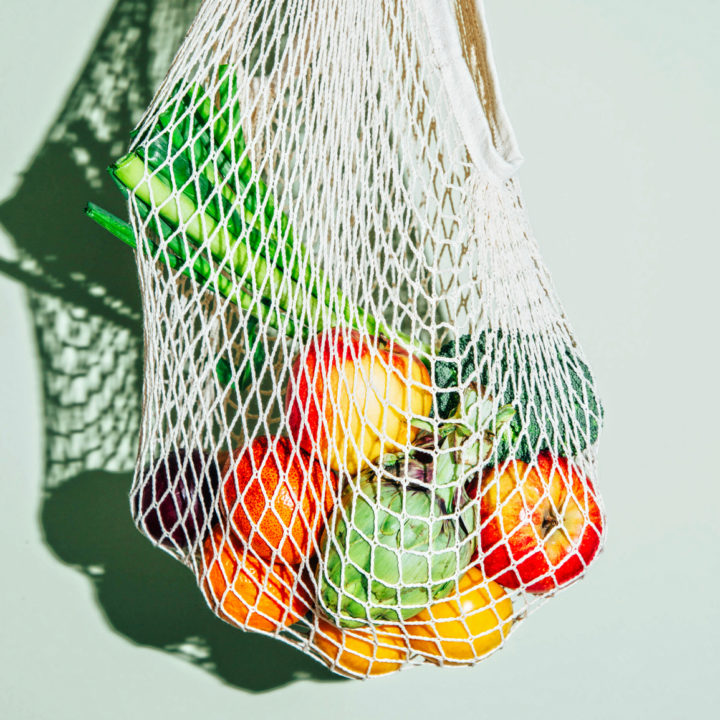Knowing that food is medicine (and that we have babies on the brain), we wondered how smart food choices could do more for us beyond feeling great and lookin’ oh-so-FINE?
We tapped Tracy Lockwood, a private New York-based nutritionist, celebrity registered dietitian, and nutrition advisor to Robyn, for the lowdown on which foods, vitamins, minerals, and hormones can encourage the conception process by actively boosting fertility and supporting a healthy, successful pregnancy. Check ‘em out, below:
Eat These On The Regular
Beans, Beans, The More You Eat…
Keeping iron levels up is critical for fertility, maintaining red blood cell count and essential for fetal and placental development. If you’re trying to conceive, low iron can cause anovulation. Therefore if you’re looking to add more iron to your diet, the primary sources are classified as either heme (found mostly in meat, poultry, and fish) or non-heme (found in grains and legumes such as beans, peas, and lentils). Seeing as beans are high in iron, and constitute a plant-based protein, they make for an ideal alternative to animal proteins. Be sure to pair non-heme iron like beans with foods rich in vitamin C (such as tomato, oranges, broccoli, peppers) to maximize absorption.
Something to consider: Recent research from the Harvard School of Public Health looked at nearly 19,000 female nurses who were actively trying to get pregnant and found that infertility was 39 percent more likely in women with higher intakes of animal protein. Perhaps plant-based protein is the way to go!
Green Machine
Dark leafy greens such as spinach, lettuce, arugula, broccoli, and kale are essential pre, during, and after conception to maintain the high folate and vitamin B levels necessary for pregnancy health. Also, worth noting that men can benefit from leafy greens due to folate’s important role in producing healthy sperm. Researchers at the University of California Berkeley’s Public School of Health surveyed 97 nonsmoking men who had no prior history of fertility problems. They found men with the highest folate intake had nearly 20 percent less abnormal sperm. Guys here’s lookin’ at you… time to load up on your spinach!
Plus, word on the street, leafy greens also increase a woman’s libido, naturally. So, uh, that’s what we’d call a win, win!
Oh, Carbs
We love you so. But when it comes to carbohydrates, think quality over quantity when reaching for this critical part of our diets. Whole wheat carbs like brown rice, oats, quinoa, whole-wheat bread, and whole-wheat pasta have a good rep because of their high fiber content which helps to maintain blood sugar levels and digest slowly in comparison to their not-so-great white or refined counterparts which are full of sugar and lacking in fiber (think white bread, pasta, cookies, and sugary sodas). When it comes to getting pregnant, elevated insulin levels can cause adverse affects and imbalance hormones; therefore, it’s essential to stabilize blood sugar when prepping for pregnancy. A Dutch study looked at 165 couples trying to get pregnant and found that women with high blood sugar levels, were half as likely to become pregnant during this 6-month study. ‘Nough said, pass the whole wheat bread, please!
Fish, But Make It Fatty
Despite the fact that raw fish has been deemed unsafe for pregnant women, fatty fish is actually perfect for those trying to conceive. Omega 3 fatty acids found in salmon, sardines, and mackerel (or nut butter, walnuts, and flax seeds if you’re not a fish lover) are known to regulate hormones and increase blood flow to reproductive organs. Oily fish have also been found to decrease stress and reduce cortisol production within the body. For our hormones to stay balanced, we want to keep cortisol levels as low as possible and depend on our diets to help regulate.
Milk…It Does A Body Good
Full-fat dairy is an excellent source of calcium, and milk’s natural fat is also essential if you’re trying to get pregnant. Full-fat dairy products like whole yogurt, whole milk, and ice cream should not be feared in moderation. Fat that comes from milk can aid in regulating hormones and fertility. Turns out low-fat dairy products may disrupt our body’s natural hormonal balance due to additives in low-fat milk.
For more information about nutrition and fertility, email Tracy@TracyLockwoodNutrition.com to make an appointment or go to her website at www.TracyLockwoodNutrition.com to learn a little bit more. You can follow Tracy’s nutrition and food adventures on Instagram @thehappiestnutritionist




